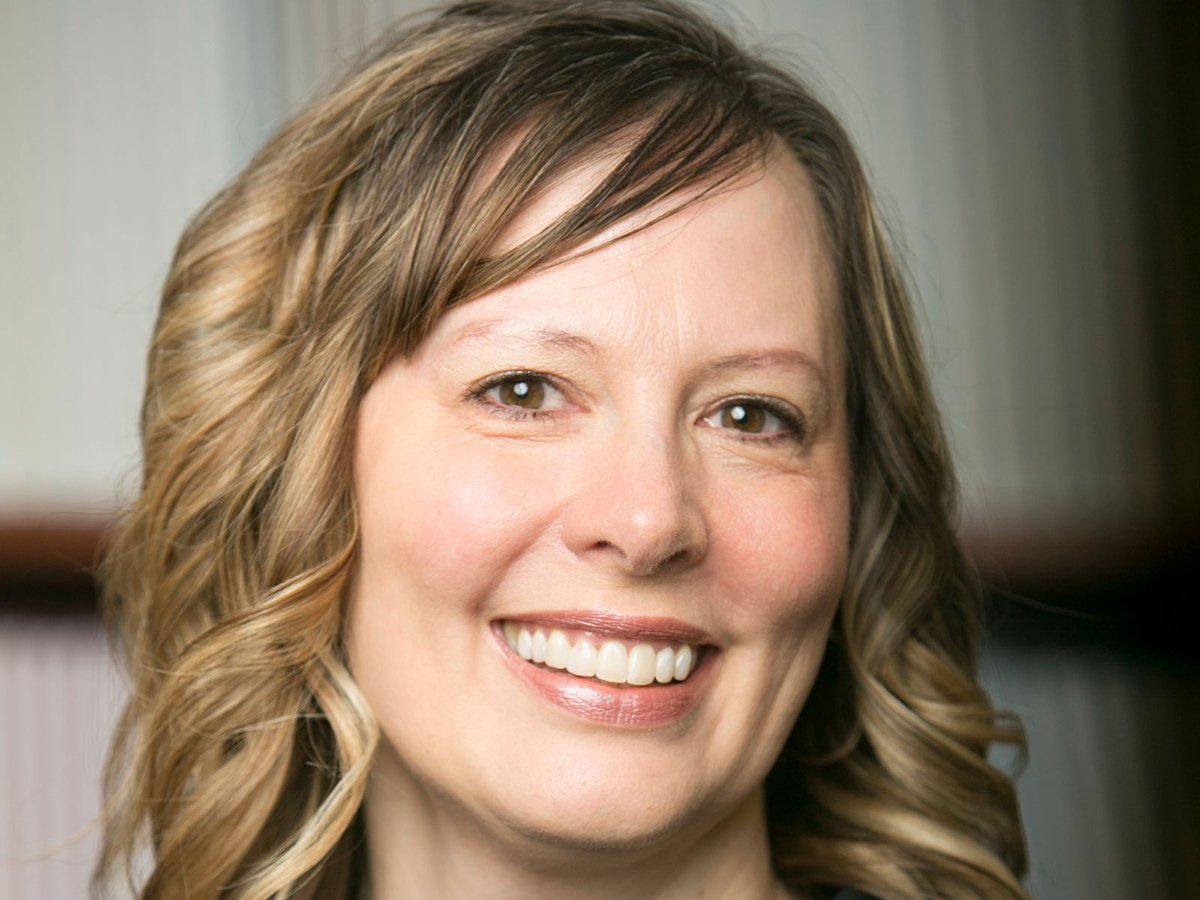When ‘invisible’ work becomes visible

Glacier FarmMedia – Succession planning can reveal many things about how farm families work together, including work that’s gone unacknowledged and unrecognized.
Val Panko, a business adviser with Farm Credit Canada, believes the industry is getting better at recognizing the value of “invisible” work — often done by women — on the farm. However, putting an actual value on it remains difficult.
Related stories:
She says this type of work often becomes “visible” during succession planning.
Read Also


Alberta ag school ‘confident’ in new president and CEO
A longtime staff member of Olds College of Agriculture & Technology has passed a “rigourous process” to become the school’s new president and chief executive officer.
“That’s when the invisibility cloak comes off.”
This is usually when someone who has done unpaid work for decades decides they don’t want to do it anymore, she adds.
Often, there’s no one willing to or in a position to take over, Panko says.
“The roles in a farm operation and the management are clear cut. The ones behind the scenes aren’t.”
Panko says she has also seen cases where the invisible work has been outsourced because of generational changes on the farm. Some businesses are even customized for this, such as custom catering businesses that deliver hot meals to farmers directly in the field.
Outsourcing forces farms to put a value on this type of labour, also called “sweat equity” in the world of succession planning. Several tools, or sweat equity calculators, are available to help farms do the math.
However, Panko believes that calculating the real value of this type of work is a lot more complicated than simply assigning an hourly rate to hours worked.
In her work, she defines sweat equity as the value people bring to the farm business, beyond the labour they contributed, and how they were compensated for that labour. Think about how much they increased the operation’s success or relative net worth, she says.
Other considerations should include new ideas, practices, protocols or safety measures that person may have brought into an operation, and how they supported other peoples’ work.
Often, the value of these things is immeasurable, Panko says.
“I have many people say to me, ‘I wouldn’t have been farming these past five years if my son wasn’t involved.’ So, that’s five years’ worth of equity in their operation that’s grown because they were able to continue.”
Although Panko believes it remains extremely challenging to assign value to this type of work, she does believe progress is being made.
“I think we are moving in the right direction. I don’t know if we’re better at calculating it, because it’s hard, but I do think we are taking steps forward.”
Source: producer.com


